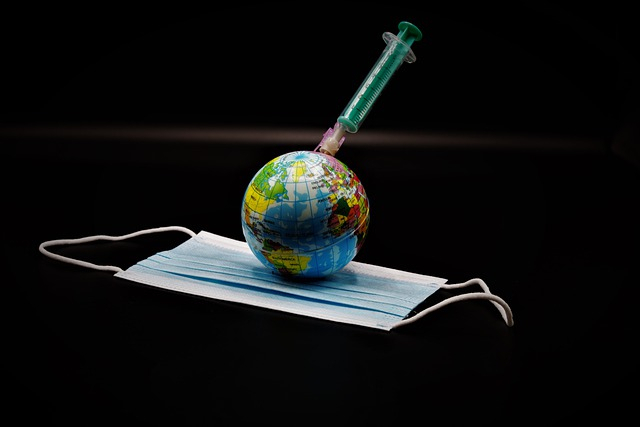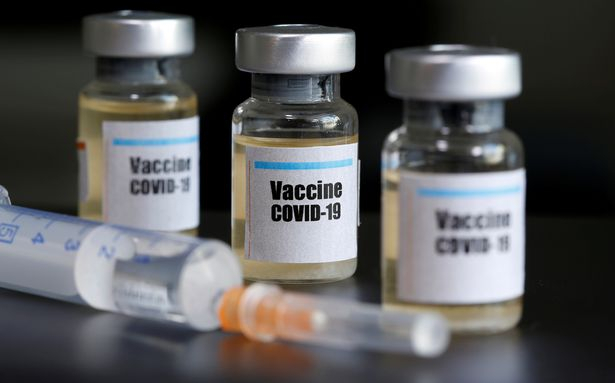There are almost 200 groups of researchers around the globe working to develop an effective Coronavirus vaccine. Since people's immune systems respond to vaccines differently, multi-stage clinical trials are important in developing a vaccine to ensure safety and effectiveness.
Monash University researchers—Paul Gill, Post-doctoral Researcher, and Menno van Zelm, Associate Professor of Immunology—examined some of the immune factors that determine whether any of the vaccine candidates would work or not.
As per the researchers, an effective vaccine against the novel Coronavirus needs to create protective immunity against the virus and this can be done by generating antibodies to kill the virus or neutralize it.
"We know, from developing vaccines against other viruses, that people's immune response to a vaccine can vary" and there are reasons to believe that this will also be the case for an upcoming COVID-19 vaccine, said both researchers.

Five Major Factors
Many of the vaccine candidates contain novel Coronavirus spike protein to stimulate protective immunity. One of the promising vaccines, developed by Oxford University and AstraZeneca, combines the spike protein with another virus to mimic the actions of SARS-CoV-2, while the University of Queensland's vaccine contains the 'S' protein packaged with another compound—an adjuvant—to stimulate the immune system.
The researchers said that some people may need a follow-up shot to ensure long-lasting immunity. There would be some vaccines that will be delivered as a nasal spray and it may elicit a more effective immune response to the Coronavirus caused disease in the upper respiratory tract, including the nostrils, mouth, and throat.
Being exposed to the Coronaviruse — a family or virus that includes SARS-CoV-2 virus and also responsible for common colds — and developing immune memory cells, which holds information about each threat the body has been exposed to, "may mean a stronger or quicker response to a COVID-19 vaccine," said researchers.
Some people have a poor protective immune response to the vaccine candidates which suggests that these people may have existing immunity to the adenovirus used in some vaccines. The researchers said, "their body mounts an immune response to the wrong part of the vaccine [the delivery mechanism] and not so much to the characteristic part of the virus ['S' protein]."

The researchers also noted that genes play a huge part in terms of regulating the immune system. As per a study, scientists have already noticed sex differences that are partly governed by genes, in the immune response to the flu vaccine, while as per a research published in Nature, researchers found Sex differences in immune responses in COVID-19. Considering all these findings, larger clinical trials should help to determine whether men or women respond to the vaccine differently.
However, a study by the Australian Society of Clinical Immunology and Allergy (ASCIA) showed that people with inherited immune deficiencies may also be unable to develop protective immunity in response to vaccination.
The composition of the human immune system changes throughout the lifetime. The immune system of infants and children is developing and it may be different from adults. As per the researchers, the Coronavirus vaccine may be more effective on children, as seen in the case of flu shots. "So we need the data from large trials to verify whether COVID-19 vaccines work in children and elderly people," Monash researchers said.
They also pointed out lifestyle factors such as diet, stress, smoking which can influence the response to vaccination. As per the researchers, "There is also an emerging hypothesis that the gut microbes may influence our immune response to vaccination," but more research is needed to confirm this could occur during novel Coronavirus vaccination.









